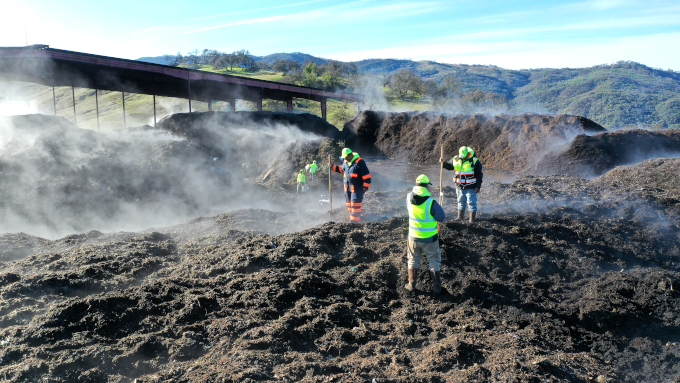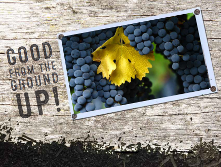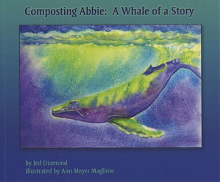At Cold Creek Compost, we are proud to support Shone Farm, a cornerstone of agricultural education and community engagement in Sonoma County. Located in the Russian River Valley AVA, Shone Farm is part of SRJC’s Agriculture and Natural Resources Department and provides students with hands-on learning experiences that go far beyond the classroom. We are excited to help promote their upcoming Fall Festival, a celebration that brings our community together in a spirit of learning, fun, and collaboration.
The Shone Farm Fall Festival, now in its fourteenth year, will take place on Saturday, October 12, 2024, from 10 am to 3 pm. What began as a small garden open house has grown into one of the most anticipated events of the year, drawing over 3,000 guests last year alone. This year’s festival will feature a wide range of activities, including hay bale rides, a pumpkin patch, apple picking, wine tasting, a kid’s zone with a rotten fruit slingshot and compost lessons, tractor displays, sheep shearing, and a showcase of student enterprise projects.
We encourage everyone to attend this wonderful event, and you might even be lucky enough to see some of our compost in action.








 See Cold Creek's comprehensive Product Catalog for details on our products and their benefits.
See Cold Creek's comprehensive Product Catalog for details on our products and their benefits.
 Cold Creek Compost is proud to be featured in the children's book Composting Abbie, a tale of how a whale can be composted, and how a tragedy can be turned into an opportunity.
Cold Creek Compost is proud to be featured in the children's book Composting Abbie, a tale of how a whale can be composted, and how a tragedy can be turned into an opportunity.